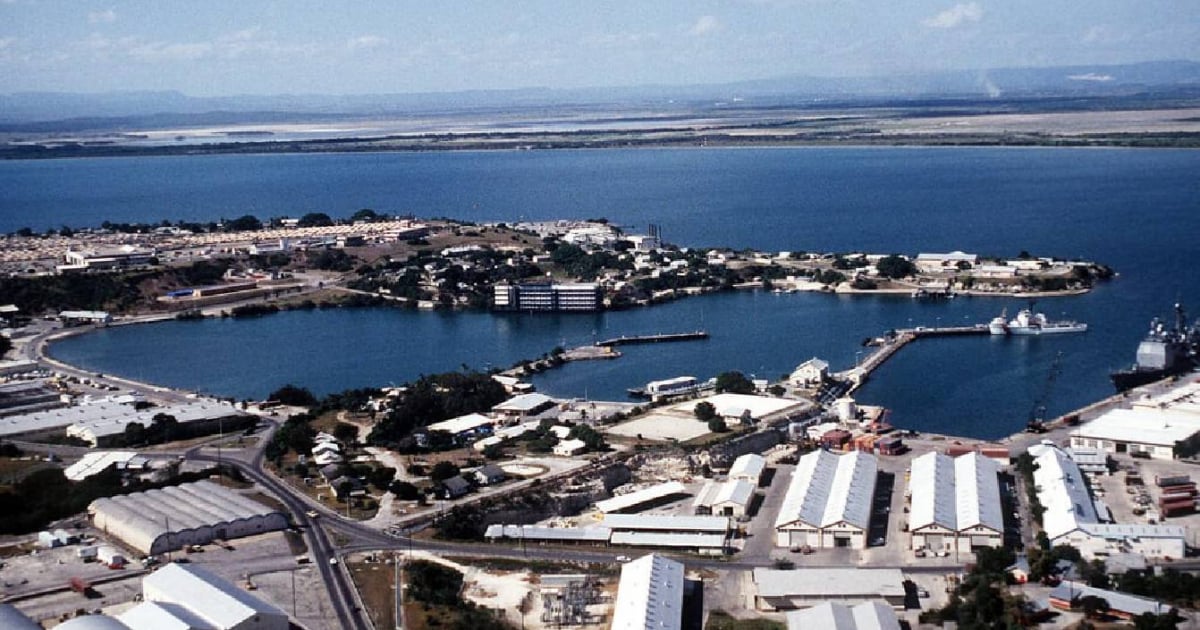Palmer Luckey, an American entrepreneur and billionaire known for founding defense company Anduril Industries and creating Oculus VR, has stirred controversy with his proposal to transform the U.S. Naval Base in Guantanamo, Cuba, into a futuristic city modeled after Singapore. Luckey shared his vision on his official X account (formerly Twitter), suggesting the military site be converted into an economic and technological hub named "Liberty City."
Luckey advocated for an immediate expansion of the naval base in Guantanamo Bay, transforming it into "Liberty City," a proposed American version of Singapore in the Caribbean. His plan includes developing industries such as shipbuilding, arms manufacturing, near-equatorial space launches, and energy refining, all set against the backdrop of the Caribbean's stunning beauty.
Strategically located in the heart of the Caribbean Basin, often referred to as the American Mediterranean, the U.S. naval base offers a prime location. Luckey's proposal was particularly provocative as he suggested offering asylum and work permits to any Cuban who manages to reach the city by swimming, running, boating, or biking, to contribute to the construction of the megaproject.
Luckey argues that by drawing workers away from the Communist Party in critical sectors like power generation and military strength, the pace of regime change in Cuba could be accelerated. He referred to Liberty City as "the first domino in a chain reaction."
At 29, Palmer Luckey first gained attention when he sold Oculus VR to Facebook for an impressive $2 billion in 2014. Despite being ousted from Silicon Valley in 2017 due to his support for Donald Trump and conservative ideals, Luckey has emerged as a formidable player in the defense industry. He leads Anduril Industries, a startup that specializes in surveillance technologies, artificial intelligence, and autonomous weaponry.
Anduril has secured lucrative contracts with the U.S. Department of Defense, providing assets ranging from surveillance towers along the Mexican border to anti-drone defense systems. The company is renowned for its role in modernizing military capabilities, challenging long-standing contractors such as Lockheed Martin and Northrop Grumman.
The notion of repurposing the Guantanamo Base—a site notorious for its use as a military prison and its extraterritorial status on Cuban soil without the regime's consent—into a capitalist development hub not only aims to boost the U.S. economy in the region but also sends a potent geopolitical signal against the Cuban government.
Historically, Cuba's government has demanded the return of the base, deeming it illegally occupied since the early 20th century. The base, located in the eastern part of Cuba, has been leased to the United States under a perpetual agreement since 1903.
Exploring the Vision for Guantanamo Bay's Transformation
What is Palmer Luckey's proposal for Guantanamo Bay?
Palmer Luckey proposes transforming the Guantanamo Naval Base into "Liberty City," a futuristic economic and technological hub akin to Singapore, featuring industries like shipbuilding, arms manufacturing, and space launching.
Why does Luckey believe Liberty City could impact the Cuban regime?
Luckey believes that by attracting Cuban workers from critical industries, Liberty City could weaken the regime's power, potentially accelerating regime change in Cuba.
What industries does Luckey envision for Liberty City?
Luckey envisions developing shipbuilding, arms manufacturing, space launching, and energy refining industries within Liberty City.
